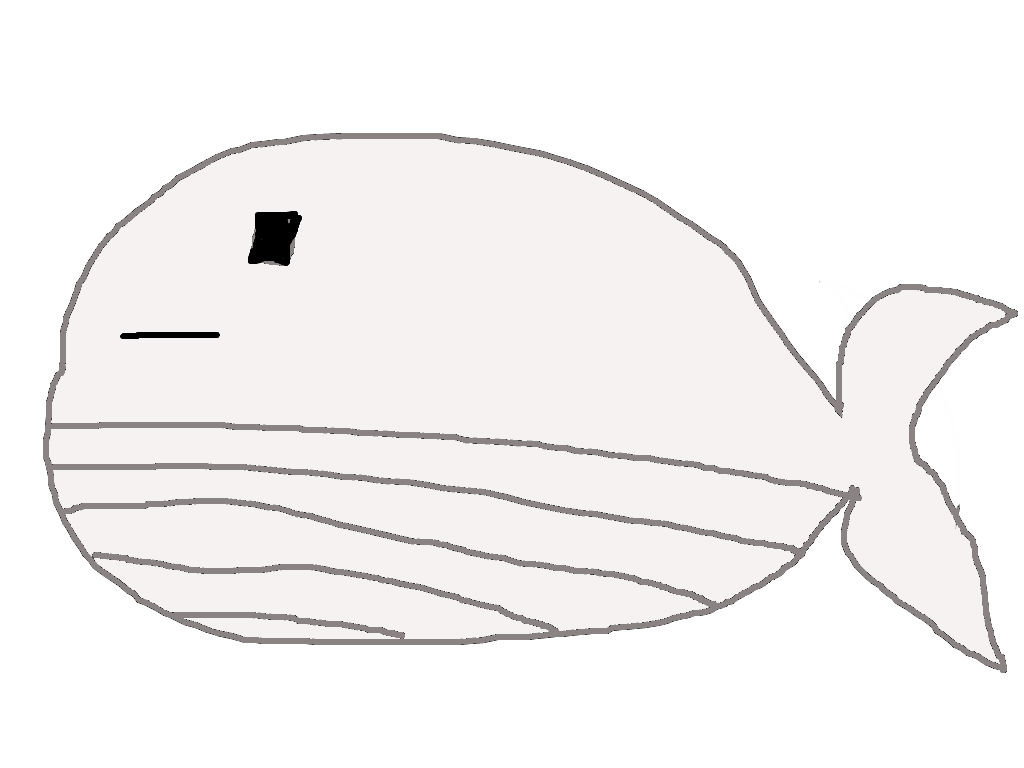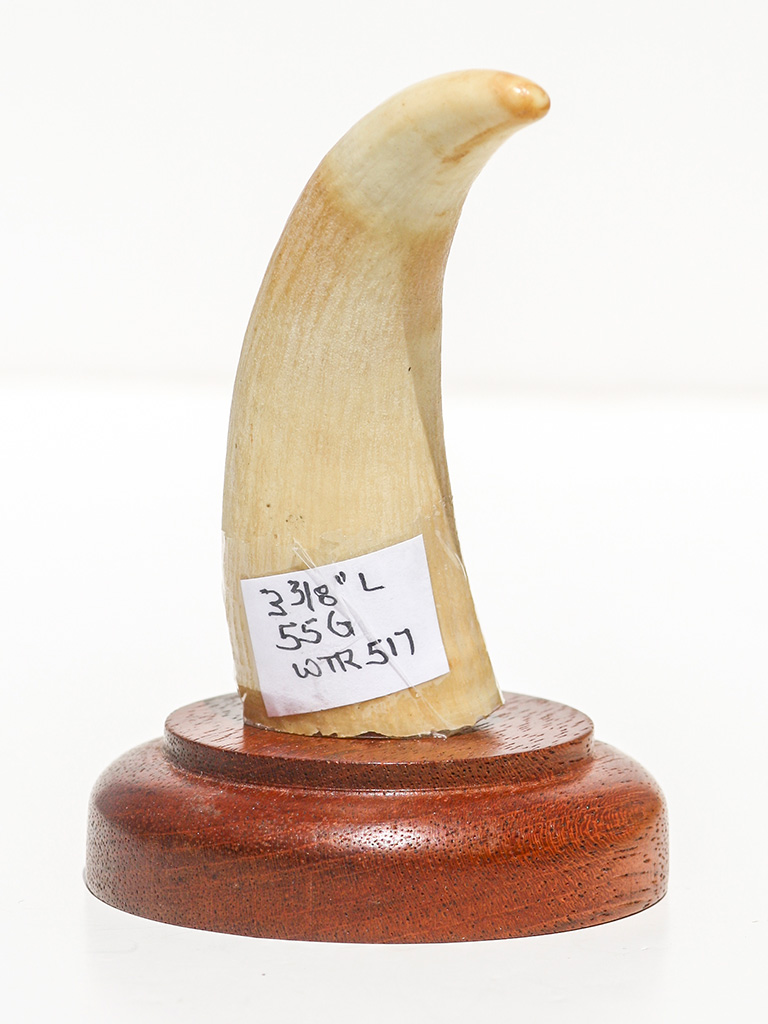Whale In Poker
Bring the poker game party to your pool or game room with the Polar Whale Floating Deluxe Poker Table! Includes 1 premium foam poker table (with 1 deck of waterproof playing cards) Large floating durable. A high roller, also referred to as a whale or cheetah, is a gambler who consistently wagers large amounts of money. High rollers often receive lavish 'comps' from casinos to lure them onto the gambling floors.
A whale, also referred to as high roller, is a player who wagers massive amounts of money. The term isn’t specific to a single game – whether the gambler in question is playing Slots, Poker, Roulette, or Blackjack, he or she can still be considered a whale as long as the bets are sufficiently large. In brick and mortar casinos, whales are often treated to special comps, which may include free drinks, private jet transfers, limousine use, or access to the gambling establishment’s best suites.

Even though whales never account for a large part of the casino’s revenue, high rollers may expect rebates on betting turnover and losses. Please note that the definition of a whale varies from casino to casino. Receiving a high-roller treatment in a land-based gambling house might require you to bring at least $50,000 or $100,000 to the games, but online casino sites generally have lower betting limits, which means that players who deposit $5,000 or even less might be considered whales.
Usage Example
“Look, that whale just bet $50,000 on 24 in Roulette… and he actually won! I sure wish I was in his shoes.”
Trivia
The origins of the term “whale” can be traced back to the competitive gambling community – specifically, the poker scene. Poker regulars tend to put players into sea life-inspired categories, depending on their skill level. Weak players are considered “fish,” while the professionals who hunt them are often referred to as “sharks.” The same pattern can be applied to the amount of money that players bet. Consequently, recreational players may be considered “fish,” while gamblers who play the highest stakes are named after the largest creatures in the casino sea.
A high roller, also referred to as a whale or cheetah, is a gambler who consistently wagers large amounts of money. High rollers often receive lavish 'comps' from casinos to lure them onto the gambling floors, such as free private jet transfers, limousine use and use of the casinos' best suites. Casinos may also extend credit to a player to continue betting,[1] offer rebates on betting turnover or losses,[2] and salaries of employees may also contain incentive arrangements to bring in high rollers.[3]
The definition of a high roller varies. At Crown Casino in Australia, for example, it involves bringing between AUD$50,000 and $75,000 to the table.[4] High roller players often have very high table limits allowing the high roller exclusive use. Casinos compete on bet limits. In Australia limits of AUD$300,000 are common, in Las Vegas they are between US$150,000 and $300,000, and in Macau they are up to US$500,000. Only casinos with 'substantial financial firepower' can accommodate high-stakes gambling due to the volatility of results.[2]
High rollers may also be subject to exceptions from various rules and regulations; for example the high roller rooms at Crown Casino in Melbourne, Australia are the only licensed venue in the state not subject to a ban on smoking.[5]
High rollers are said to provide only a small fraction of casino business. John Eidsmoe, in his book Legalized Gambling: America's Bad Bet, claims that it is actually gamblers from the lower and lower-middle classes in the United States that provide much of the gambling money. 'The occasional wealthy 'high roller' does indeed exist, but he is the exception, not the standard. The fact that more than 50% of Nevada's gambling income comes from slot machines as opposed to the card tables should be an indication high rollers are not the main source of revenue.'[6]
One example of a high roller is an Australian man who turned over more than AUD$1.5 billion in a 14-month period from 2005, becoming 'one of Crown's largest Australian players but not in the same league as [its] top international players'.[3] There have been many cases around the world where high rollers have committed fraud to provide funds for gambling beyond their means, after becoming seduced by the lifestyle.[1][7][8] This was the case with famed gambler Terrance Watanabe who reputedly lost over $220M in Las Vegas over a 5-year period, and was ultimately sued by Caesars Entertainment for failing to pay up on markers he took out during the binge totaling $14.75M.[9]
While high rollers may not provide a significant portion of the revenues in the casino industry as a whole, they can have a major effect on the net income of casinos that cater to them. There are significant costs associated with attracting the highest-stakes gamblers, so if a casino takes this risk and the high roller wins, the casino's expenses can be extremely large. Likewise, if the casino's investment pays off and the high roller loses, the casino's gain can far exceed its expenses for the high roller's visit.
Related to high rollers are low rollers. These are people who do not wager large amounts of money, but are nonetheless knowledgeable about gambling and enthusiastically participate in casino programs such as comps and loyalty programs. 'Low roller' may also refer to average casino patrons who are not high rollers.
Casino Whales

Whale Poker Mean
References[edit]
- ^ abRichard C. Paddock (February 15, 2009). 'Debt finally topples a Las Vegas high roller'. Los Angeles Times. articles.latimes.com.
- ^ abKate Hagan (June 4, 2009). 'Crown defends high-roller enticements'. The Age. theage.com.au.
- ^ abMichael Warner (June 5, 2009). 'Court told of concealed gambling by Crown Casino'. Herald Sun. www.news.com.au. Archived from the original on June 7, 2009.
- ^Muriel Reddy (October 5, 2003). 'Betting $330,000 on the turn of a card - National - www.theage.com.au'. The Age. www.theage.com.au.
- ^Michael Warner (May 16, 2009). 'Second high-roller deal for Crown casino'. Herald Sun. www.news.com.au. Retrieved November 1, 2012.
- ^Eidsmoe, John Legalized Gambling; America's Bad Bet, 1994
- ^Anson Cameron (June 7, 2009). 'High-stakes gamblers and the luck delusion'. The Age. theage.com.au.
- ^Chee Chee Leung (August 28, 2004). 'Casino glamor seduced lonely man into $1m fraud'. The Age. theage.com.au.
- ^Vegas Guy (May 15, 2015). 'Casino whale stories and profiles of biggest high rollers'. Vegas Guy. www.vegasguy.com. Retrieved April 22, 2016.

External links[edit]
- The dictionary definition of high roller at Wiktionary